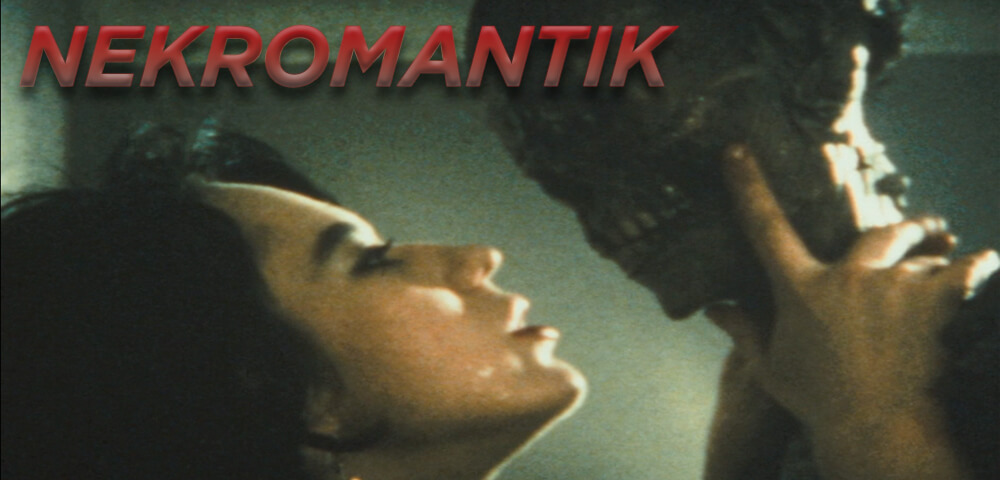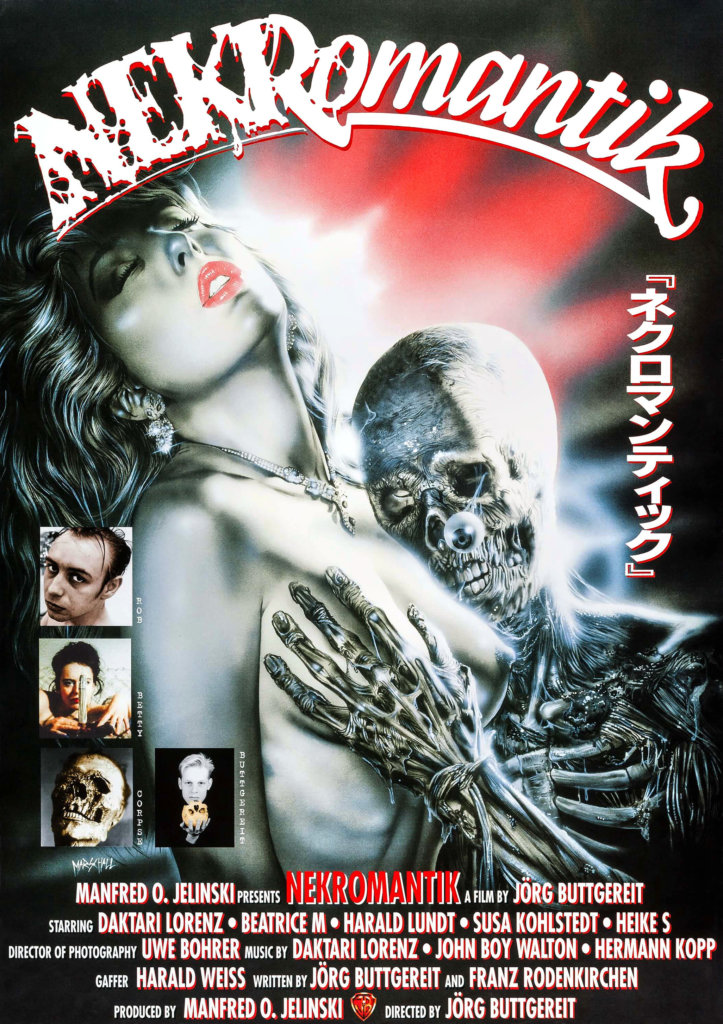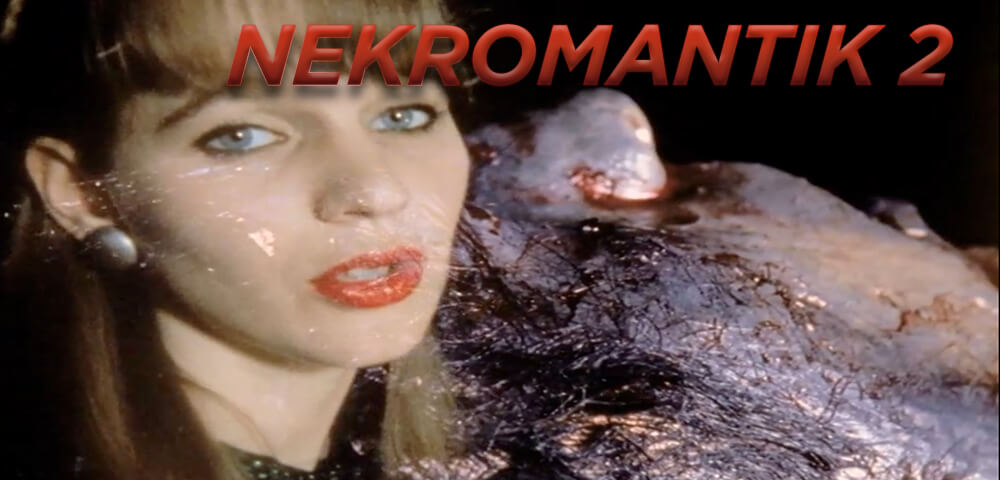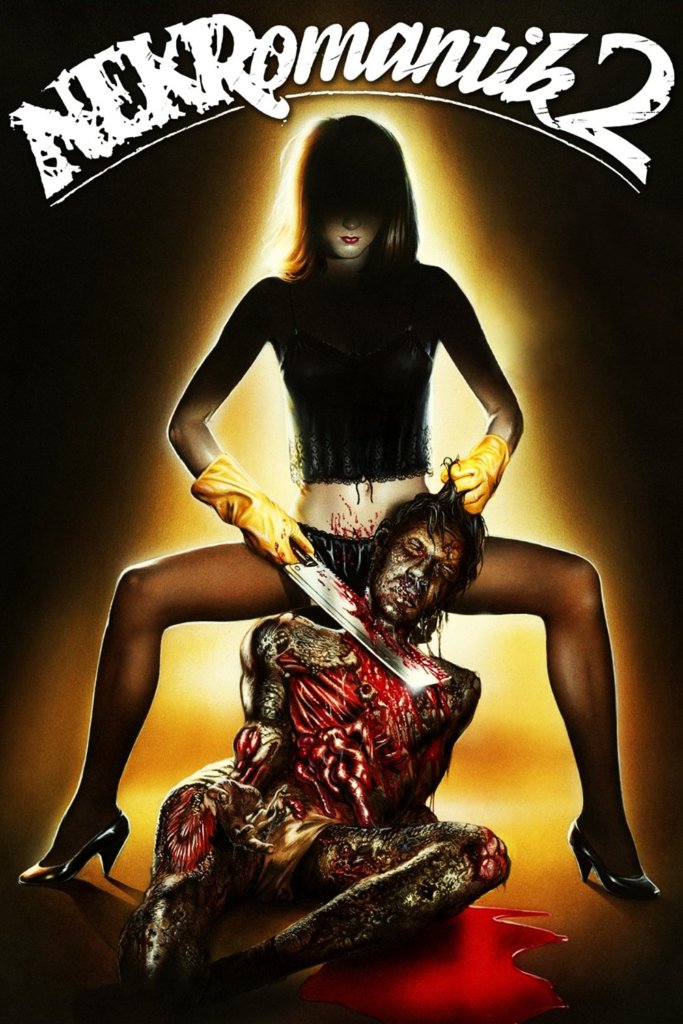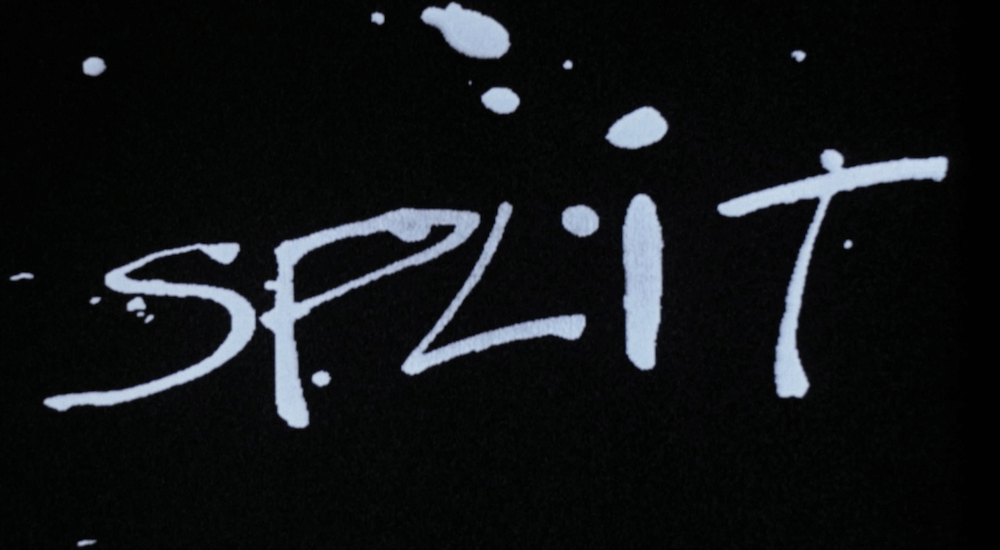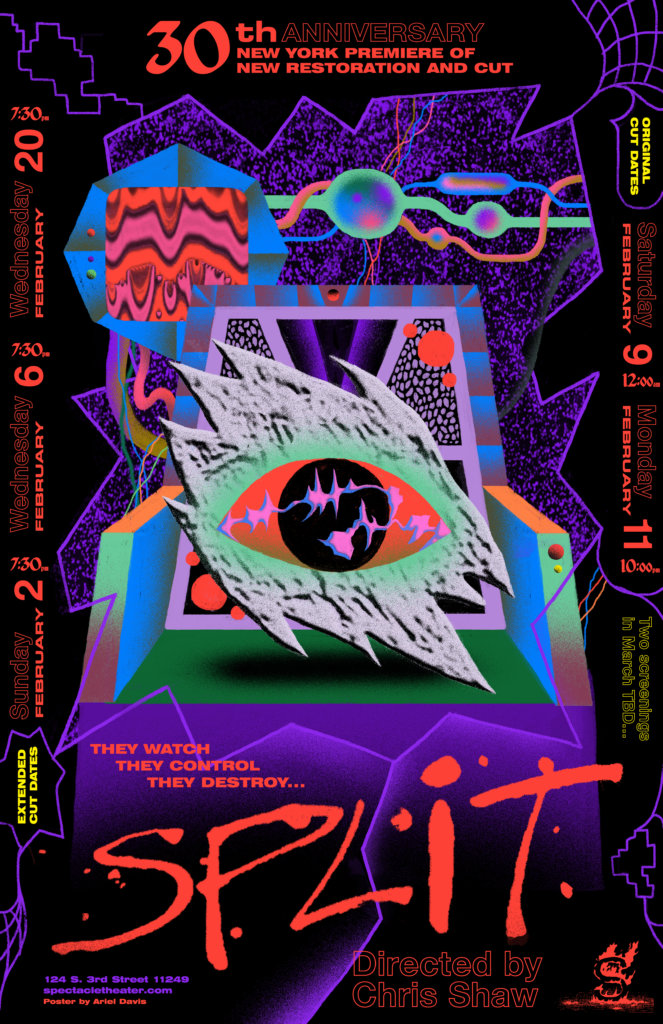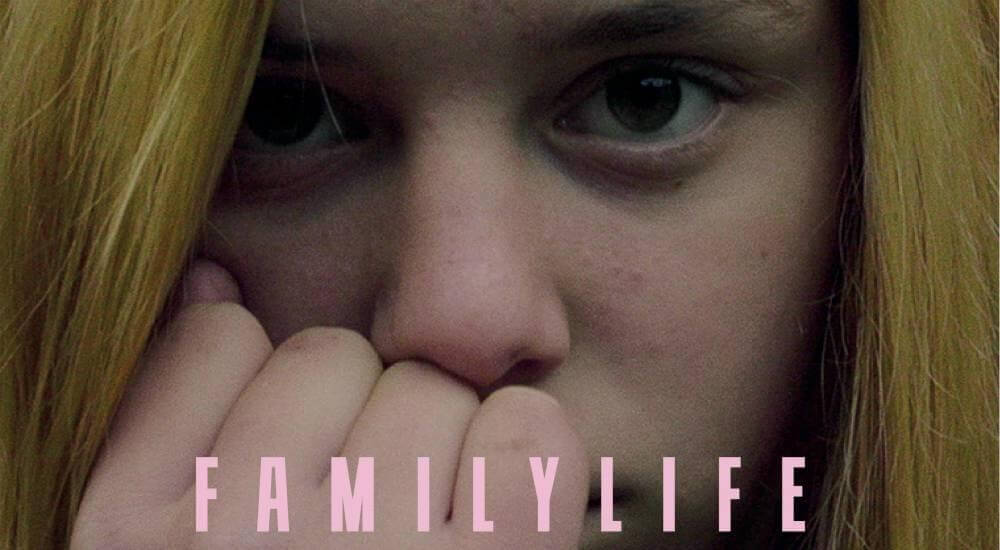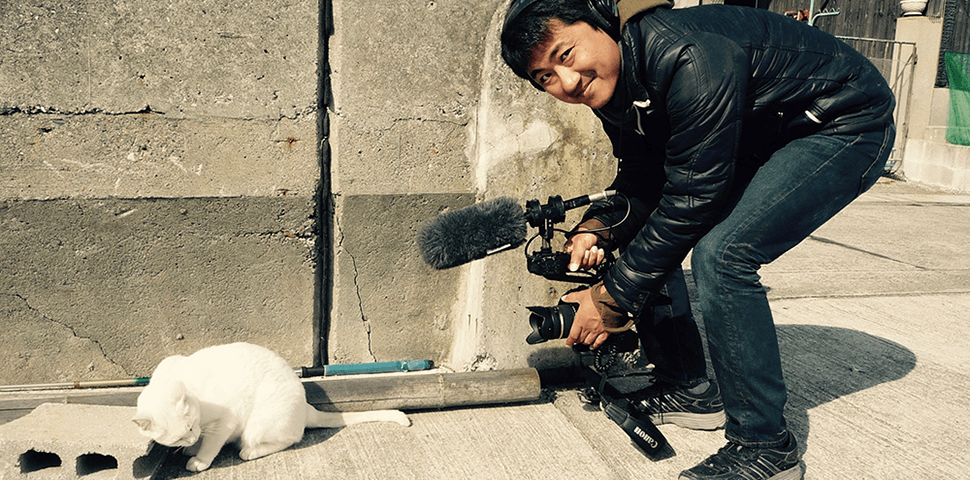
It’s no secret that the last twenty years have seen an explosion in disorientingly slick and overproduced nonfiction cinema. All the more reason there’s something revelatory about the films of Kazuhiro Soda, who spent many years producing docs for NHK, the biggest broadcasting corporation in his native Japan, before becoming a one-man-crew to follow an old classmate running for local office in the classic CAMPAIGN (2007). Soda makes crucial decisions on the fly after winning the trust of the people he’s interviewing; when those arrangements threaten to encroach on the drama onscreen, the filmmaker never hides his role in the proceedings. A prolific author, citizen journalist and cat-lover, Soda is an utterly one-of-a-kind documentarian, celebrated at festivals and seminars worldwide in the decade since CAMPAIGN. This spring, in addition to multiple opportunities to see his breathtaking new INLAND SEA, Spectacle is honored to host the maverick documentarian for a two-month retrospective of Soda’s “observational films”, including his deep dive into the University of Michigan’s massive football stadium THE BIG HOUSE (made in collaboration with a class of undergraduates, when Soda was a visiting professor.) Soda is infamous for his “ten commandments” of documentary filmmaking, which are as follows:
1. No research.
2. No meetings with subjects.
3. No scripts.
4. Roll the camera yourself.
5. Shoot for as long as possible.
6. Cover small areas deeply.
7. Do not set up a theme or goal before editing.
8. No narration, super-imposed titles, or music.
9. Use long takes.
10. Pay for the production yourself.
“Soda’s habit of never showing his subjects in humiliating or overexposed positions is less a lapse of documentarian duty than a gesture of respect; tellingly, the two subjects whom Soda chooses to film despite their discomfort and protestations are career politicians he visibly doesn’t much respect (and even then, it’s only their public demonstrations he records). It might be more accurate, however, to label this trait as a therapeutic device: it’s because Soda’s subjects feel at ease with the filmmaker that they open up to the camera as trustingly, gratefully, and cathartically as they do. Decorousness is an unusual virtue to celebrate in an observational filmmaker, but then much about Soda is unusual. Some other documentary filmmakers equal Soda in keenness, intelligence, and wit, but few come off as so genuinely caring and kind, able to shift from observer to assuager with such beguiling grace.” – Max Nelson, Cinema Scope
Special thanks to Laboratory X Films, Rock Salt Releasing and MUBI.
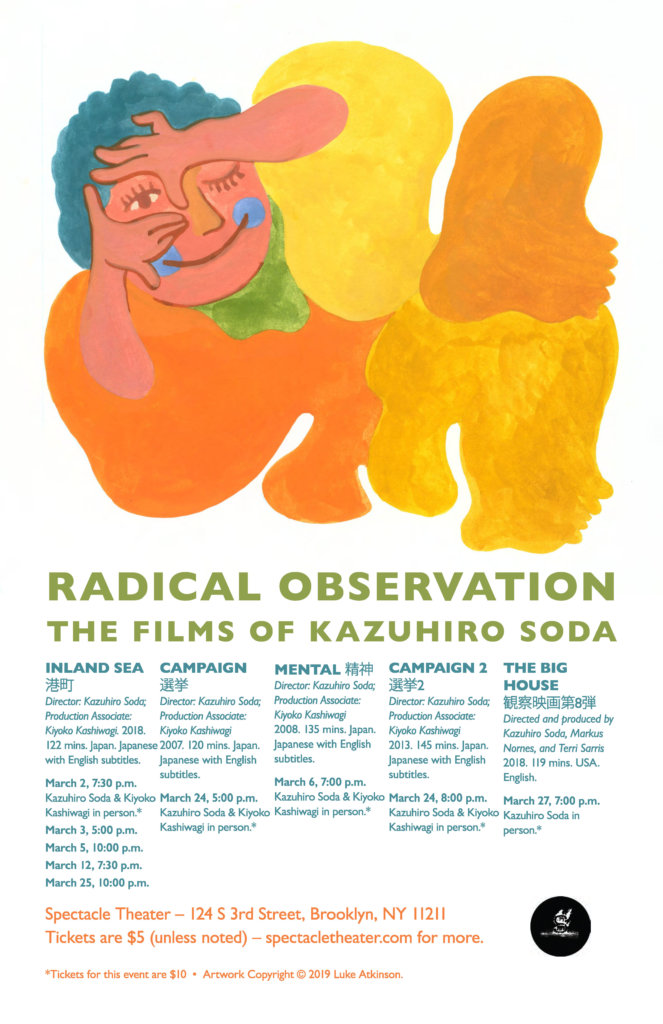 ( poster by Luke Alexander Atkinson )
( poster by Luke Alexander Atkinson )
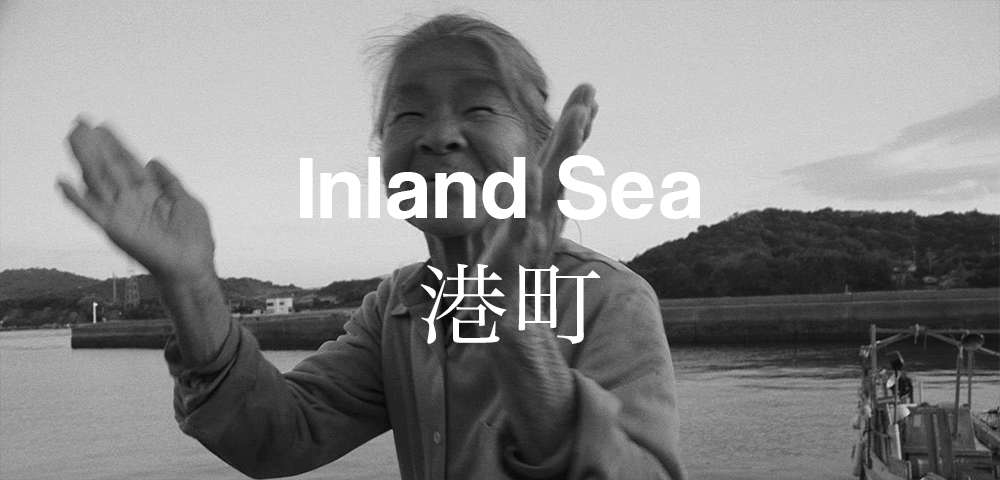
INLAND SEA
(港町)
dir. Kazuhiro Soda, produced by Kiyoko Kashiwagi. 2018.
122 mins. Japan.
In Japanese with English subtitles.
SATURDAY, MARCH 2 – 7:30 PM – KAZUHIRO SODA AND KIYOKO KASHIWAGI IN PERSON!
ONE NIGHT ONLY!
(This event is $10.)
ONLINE TICKETS
FACEBOOK EVENT
SUNDAY, MARCH 3 – 5 PM
TUESDAY, MARCH 5 – 10 PM
TUESDAY, MARCH 12 – 7:30 PM
MONDAY, MARCH 25 – 10 PM
INLAND SEA is Soda’s first film in black-and-white since student days at the School of Visual Arts – an idea suggested by his longtime partner and producer Kiyoko Kashiwagi, whose mother is from Ushimado, the fishing town profiled onscreen. What began as a casual stopover while Soda was shooting his epic documentary OYSTER FACTORY (coming to Spectacle in April) grew into its own stirring meditation on nature, industry and loss; it’s also a rich look into the farming of fish, Ushimado’s main stock and trade. The archipelago is an example of Japan’s shift to metropolitan centers of industrial power, while the film’s elderly protagonists (but especially the 84-year-old Kumiko, a fiery-tongued villager who spends every day near the ocean) typify the country’s aging, marginalized population outside the big cities. Soda doesn’t skimp on the texture of their disappearing way of life, but as he said at the film’s world premiere at the 2018 Berlinale, “I don’t make films that can be reduced to a simple catchphrase.” INLAND SEA is a vision of documentary that’s clear yet contemplative, rigorously made yet almost drunk with the earthy poetry of the sleepy port village’s bygone years.
“The scene in which one of the subjects briefly takes over the film – bringing the camera with her to finally tell a story she probably had never told anyone – was so calmly stunning, raw, and emotional. It didn’t feel forced or manipulated. It just seemed like something very naturally walked into the filmmaking. It’s an art of documentary filmmaking… A subtly moving and breathtaking documentary.” – Bong-Joon Ho, filmmaker (OKJA, THE HOST, MOTHER)
“With its sensitive approach and gentle curiosity, INLAND SEA approaches a certain timelessness. The generous and emphatic engagement that emerges from the film is both moving and beautiful.” – Andréa Picard, Artistic Director of Cinéma du Réel
“Primarily a work of simple and unapologetic humanism, happily in love with people. In the second half, the emphasis shifts to local gossip, chatterbox and unofficial guide Kumiko, an octogenarian of child-like enthusiasms whose garrulousness evidently exerts a powerful spell over the director. The fact that she passed away in 2015 during the editing process — the shooting took place back in 2013 — perhaps helps to explain her increasing prominence as the film unfolds, with Wan-chan and Soda taking more of a back seat, the eponymous sea only intermittently visible.” – Neil Young, The Hollywood Reporter
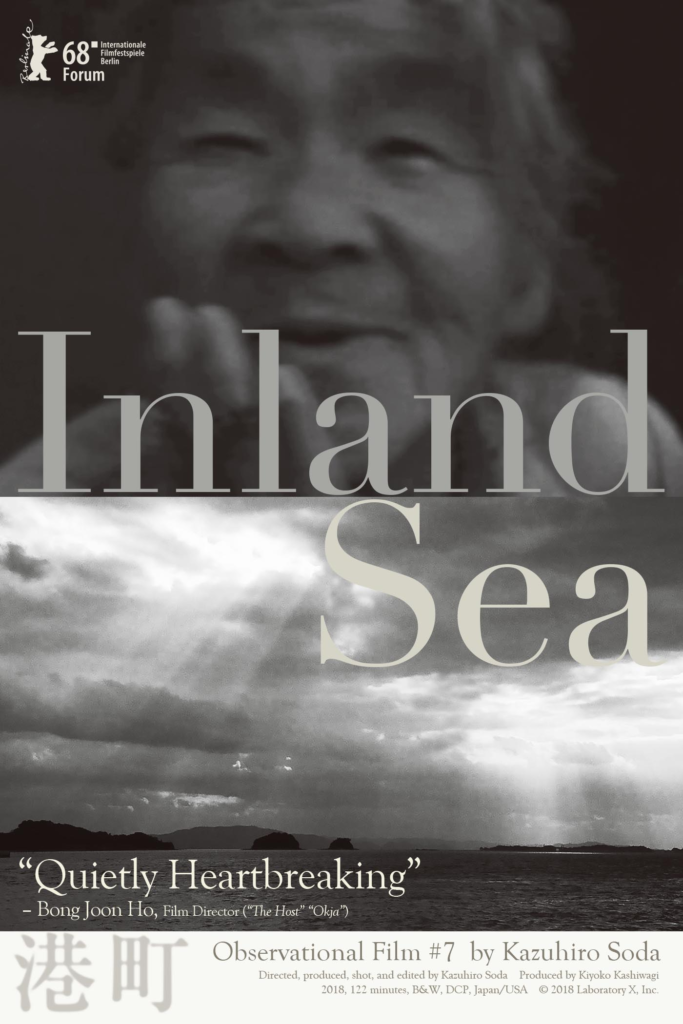
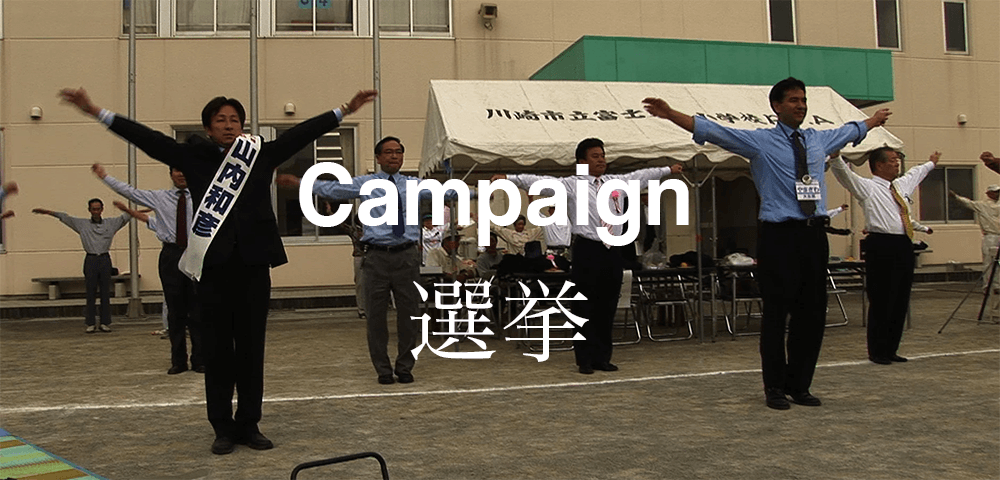
CAMPAIGN
(選挙)
dir. Kazuhiro Soda, production associate Kiyoko Kashiwagi. 2007
120 mins. Japan.
In Japanese with English subtitles.
SUNDAY, MARCH 24 – 5 PM – KAZUHIRO SODA AND KIYOKO KASHIWAGI IN PERSON!
ONE NIGHT ONLY!
(This event is $10.)
ONLINE TICKETS
FACEBOOK EVENT
Shot in just 12 days, Soda’s breakout observational doc (which later won him a Peabody Award) film follows Kazuhiko Yamauchi, a mild-mannered former classmate of the filmmaker’s, hand-picked by Japan’s long-entrenched Liberal Democratic Party to run for a vacant City Council seat in a Tokyo suburb. Yama-san’s lack of political experience or camera-ready charisma isn’t a total liability; his tactic of choice is “bowing to everybody, even to telephone poles”, while apparatchiks and spinmeisters from the corridors of power descend on Kawasaki to steer the process (including Japan’s former Prime Minister, the eternally suave Junichiro Koizumi.) Even though it’s all too real, CAMPAIGN one-ups the mockumentaries of Christopher Guest and Sacha Baron Cohen for its rib-bruising spotlight on the circus of local political theatre.
“Appreciation of this film hardly depends on an intimate knowledge of or interest in Japanese politics; the candidate and his prospective constituents don’t manifest much of either. Instead Mr. Soda uses tried-and-true fly-on-the-wall techniques to create a real-life satire. CAMPAIGN may invite a certain skepticism about democracy, but it will surely restore your faith in cinéma vérité.” – A.O. Scott, The New York Times
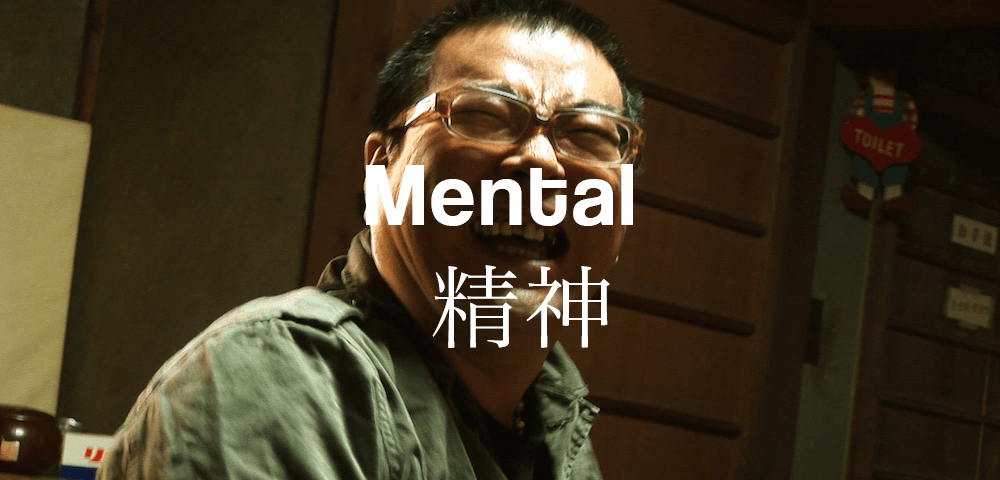
MENTAL
(精神)
dir. Kazuhiro Soda, production associate Kiyoko Kashiwagi. 2008.
135 mins. Japan.
In Japanese with English subtitles.
WEDNESDAY, MARCH 6 – 7:00 PM – KAZUHIRO SODA AND KIYOKO KASHIWAGI IN PERSON!
ONE NIGHT ONLY!
(This event is $10.)
ONLINE TICKETS
FACEBOOK EVENT
After being diagnosed with “burnout” at the end of too many grueling work weeks, Soda became fascinated by alternative means of mental health treatment. MENTAL is a portrait of an outpatient psychiatric clinic called Chorale Okayama, founded by one Dr. Masatomo Yamamoto – the protagonist of the film, an elderly doctor working for essentially nothing. Chorale Okayama serves people with incurable mental disorders, who Yamamoto essentially believes can be nevertheless helped by a sympathetic community of listeners.
Soda structured MENTAL so that viewers would will feel like they’re stepping into the clinic just like he did for the first time, unaware of what he would find. It’s not the easiest film in his body of work to watch but is nevertheless an act of courage, looking beyond what the filmmaker calls “the invisible curtain” that separates the well from the unwell (a questionable dichotomy to begin with.) As Soda speaks with Yamamoto’s patients about their lives, struggles, hallucinations and dreams, MENTAL becomes an extraordinary cross-examination of taboo in Japan, to say nothing of the accumulated costs of trauma and, finally, the documentary form’s inherent potential for compassion.
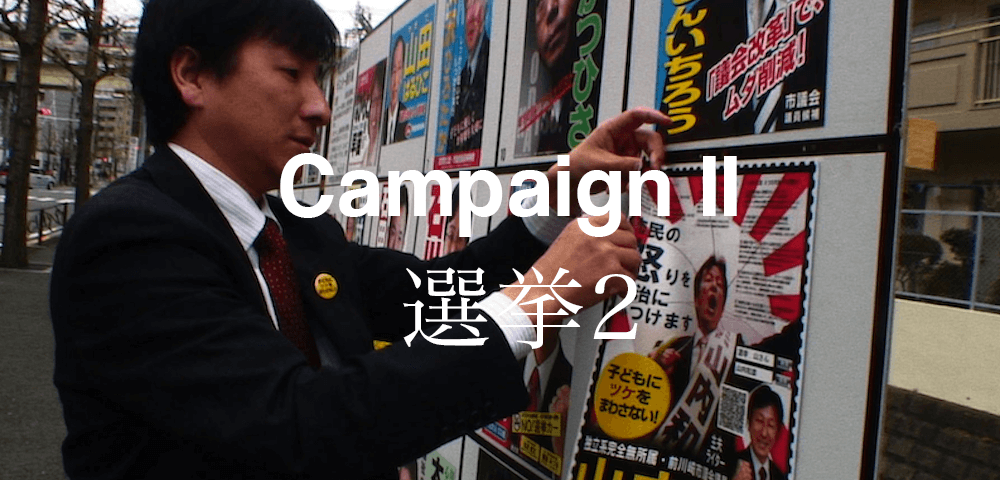
CAMPAIGN 2
(選挙2)
dir. Kazuhiro Soda, production associate Kiyoko Kashiwagi, 2013
145 mins. Japan.
In Japanese with English subtitles.
SUNDAY, MARCH 24 – 8 PM – KAZUHIRO SODA AND KIYOKO KASHIWAGI IN PERSON!
ONE NIGHT ONLY!
(This event is $10.)
ONLINE TICKETS
FACEBOOK EVENT
Soda’s sequel to CAMPAIGN is another showcase of Yama-San’s dedication to politics, but also sees him taking on a more cohesive electoral persona: this time running against the Liberal Democratic Party machine that propelled him to victory years before, with a strong anti-nuclear agenda in the wake of the 2011 Fukushima meltdown. Even if CAMPAIGN 2 picks up where the pyrrhic victories of the first film left off, it also complicates its goofier image: as Soda profiles other Kawasaki residents, candidates and dealmakers, he also shows us how his own celebrity has grown following (and because of) the first CAMPAIGN. The result is an absorbing survey of the relationship between Japanese politics and society, and a self-reflexive question of the role played by public debate in shaping mores on the ground.
“With people fretting over heightened radiation levels, to eat and to breathe is a matter of life and death – and Soda’s efforts in recording the quotidian around him makes perfect sense, as he captures images of masked commuters on train platforms and on the streets, signage about electric conservation, or even children playing in a park, bereft of the fear their parents might feel. Though at times protracted and repetitive, it’s a process which keeps track of a certain point in time when politics and real life converge – or, as seen in CAMPAIGN 2, how a disconnect remains between the two.” – Clarence Tsui, The Hollywood Reporter

THE BIG HOUSE
dirs. Vesal Stoakley, Sean Moore, Sarika Tyagi, V. Prasad, Britty Bonine, Alex Brenner, Catie DeWitt, Dylan Hancook, Daniel Kahn, Rachael Kerr, Audrey Meyers, Hannah Noel, Jacob Rich, Kevin Tocco, 2018
directed and produced by Kazuhiro Soda, Markus Nornes, and Terri Sarris
119 mins. United States.
In English.WEDNESDAY, MARCH 27 – 7 PM – KAZUHIRO SODA IN PERSON!
ONE NIGHT ONLY!
(This event is $10.)
ONLINE TICKETS
FACEBOOK EVENT
THE BIG HOUSE is the result of an undergrad course taught by Soda at the University of Michigan in 2016, alongside professors Terri Sarris and Abé Markus Nornes. U Mich’s campus boasts the the single largest football stadium in the United States (capacity: 107,601), the eponymous “Big House”, so Soda challenged his young co-directors to stick as closely as possible to his Ten Commandments while capturing eye-of-the-storm footage across two different game days – resulting in perhaps the most durable testament to his custom-developed technique. Given the filmmakers’ freedom to roam, THE BIG HOUSE is a riveting and frequently hilarious all-you-can-eat buffet of direct cinema that focuses on “everything but the game”.
While the film was shot during the 2016 election season, Soda et al do not conjecture any easy diagnoses about conservative politics or Midwestern identity. Their reluctance to directly insert politics into a sports doc is palpable, while the concurrent spectacle of football and pageantry are nearly superceded by the massive logistical coordination that makes it all possible. These ins and outs become their own discrete narrative arcs; what exhilarates is coming up for air among the cheering hordes, the ambient satisfaction of picking out real-life details while being swept up in a much bigger wave.
“We are social animals, social creatures. Sometimes we cannot endure being alone, and being individual—we have this also. We are being constantly invited to fascism. And what you see in Michigan Stadium is a demonstration of that. It feels so good when you lose yourself and feel like you are a part of a larger something. If you’re rooting for your team and wearing the same colors and singing the same song at the same time with 100,000 people, you feel good! I felt good too. Although I’m not from Michigan, and I’m Japanese. But when I was there shooting, I felt so good. Which was very scary too (laughs). And I felt a desire inside of me, to be connected with everybody else and to be lost in this crowd, to be part of this huge creature. The problem is that politicians are trying to use that, use this tendency that we have.” – Kazuhiro Soda, interviewed in Shingetsu

RADICAL OBSERVATION: The Films of Kazuhiro Soda (APRIL DATES)
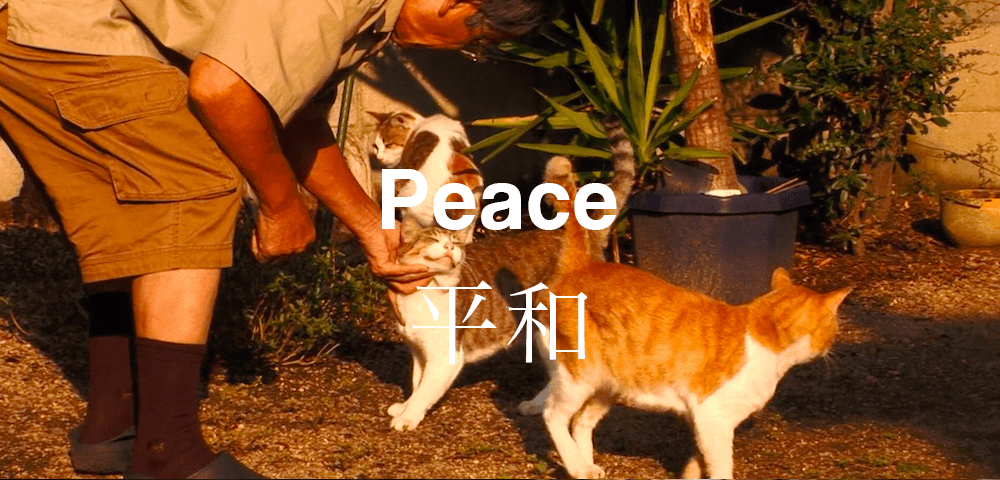
PEACE
(平和)
2010. 70 mins.
In Japanese with English subtitles.
WEDNESDAY, APRIL 10 – 7:30 PM with Kazuhiro Soda and producer Kiyoko Kashiwagi in-person for Q&A.
(This event is $10.)
ONLINE TICKETS FACEBOOK EVENT
Considered an “extra” among Soda’s official body of what he calls “observational films”, PEACE is a radiant portrait of Toshio and Hiroko Kashiwagi, an elderly couple running a “Welfare Transportation Service” in the town of Okayama – a town which is (not entirely coincidentally) the site of Soda’s previous deep dive into alternative caretaking, the 2008 documentary MENTAL. The pair are also the parents of Soda’s producer and wife Kiyoko, so part of the thrill of PEACE comes from watching Soda shape his ten commandments of documentary filmmaking in following people from otherwise life. Working with reduced assistance from the Japanese government, Toshio and Hiroko pair tend to their charges, who include a traumatized WW2 veteran living alone in a flea-ridden shoebox and a worker who describes himself as unmarriable due to a physical deformity. It’s obvious their decades of care have not yielded in a lavish lifestyle or worldwide fame, yet Toshio and Hiroko carry on. PEACE is beloved (and possibly infamous) for a subplot detailing Toshio’s attention to the stray cats gathering near his house, episodes which offer an oasis refuge of tranquility amid the grind of day-to-day life (and, in his wife’s words, a “nuisance for the neighbors”.)
“In its depiction of calm cooperation under adverse conditions, PEACE proves newly relevant in the wake of the Honshu earthquake and subsequent tsunami, suggesting increased arthouse viability….Docu proceeds in a continuous flow that appears effortless, segueing from person to person and cat to cat with perfect equanimity, Soda handling all aspects of the filming himself.” – Ronnie Scheib, Variety
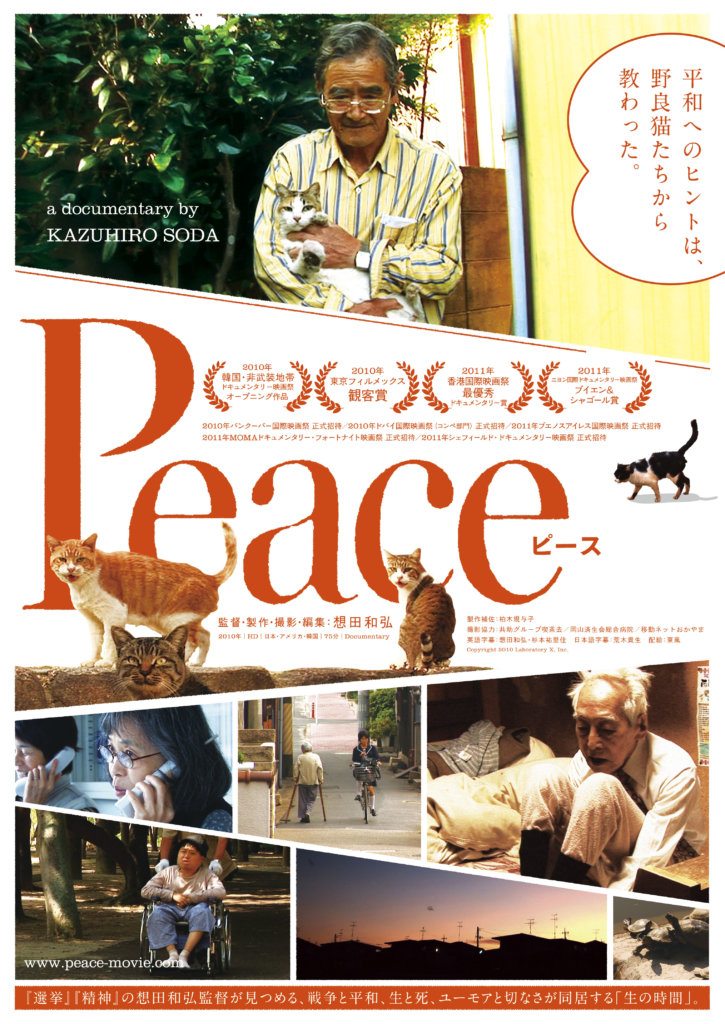
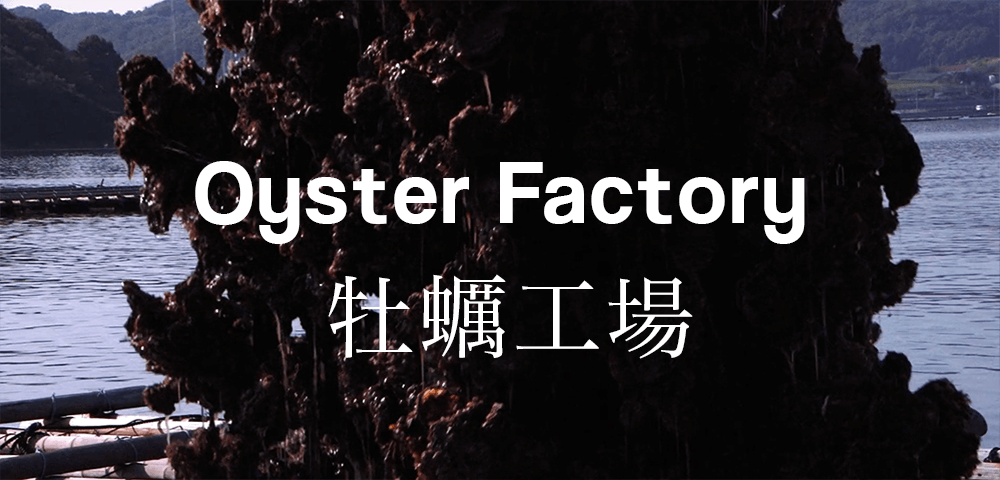
OYSTER FACTORY
(牡蠣工場)
2015. 150 mins.
In Japanese with English subtitles.
WEDNESDAY, APRIL 17 – 7PM with Kazuhiro Soda and producer Kiyoko Kashiwagi in-person for Q&A.
(This event is $10.)
ONLINE TICKETS FACEBOOK EVENT
Like INLAND SEA, this film grew out of summer vacations spent by Soda and Kashiwagi in the village of Ushimado, in Japan’s Okayama prefecture – the fishing town of 7,500 where Kashiwagi’s mother grew up. After being invited by a fisherman named Hirano to film his oyster factory, Soda and Kashiwagi ended up accumulating over 90 hours of material in three weeks. The result is one of the filmmaker’s most sweeping works, complete with a 20-minute opening sequence in which nary a word is uttered onscreen. The extracting, shelling and scooping out of many varieties of shellfish become indelible soundscapes unto themselves, and the filmmakers’ careful attention to the given moment anticipates the stream-of-consciousness narrative of INLAND SEA. OYSTER FACTORY in particular bears out Soda’s sixth “commandment” of filmmaking, to cover small areas deeply. In time, conversations with incoming oyster factory manager and owner Watanabe (whose own business closer to Tokyo has been displaced by the Fukushima meltdown) and his employees take the lid off the the fishing industry’s wariness towards newly hired workers from China. The result is a hypnotic (and at times nailbiting) survey of heavy industry, plus all the raw humanity that entails: increasingly embattled in getting his footage, Soda captures remarkable glimpses of comradery and xenophobia, to say nothing of the compact between these fishermen and the Seto Islands Inland Sea that stretches back at least a few centuries.
“Superb.” – Charles Mudede, The Stranger
“All’s well that ends well? The film offers no such pat arc. Instead it digresses freely, tracking the adventures of a white stray cat Soda and his wife adopt and following the rescue of a fisherman who falls off a dock…. (OYSTER FACTORY) is warm, insightful and human.” – Japan Times
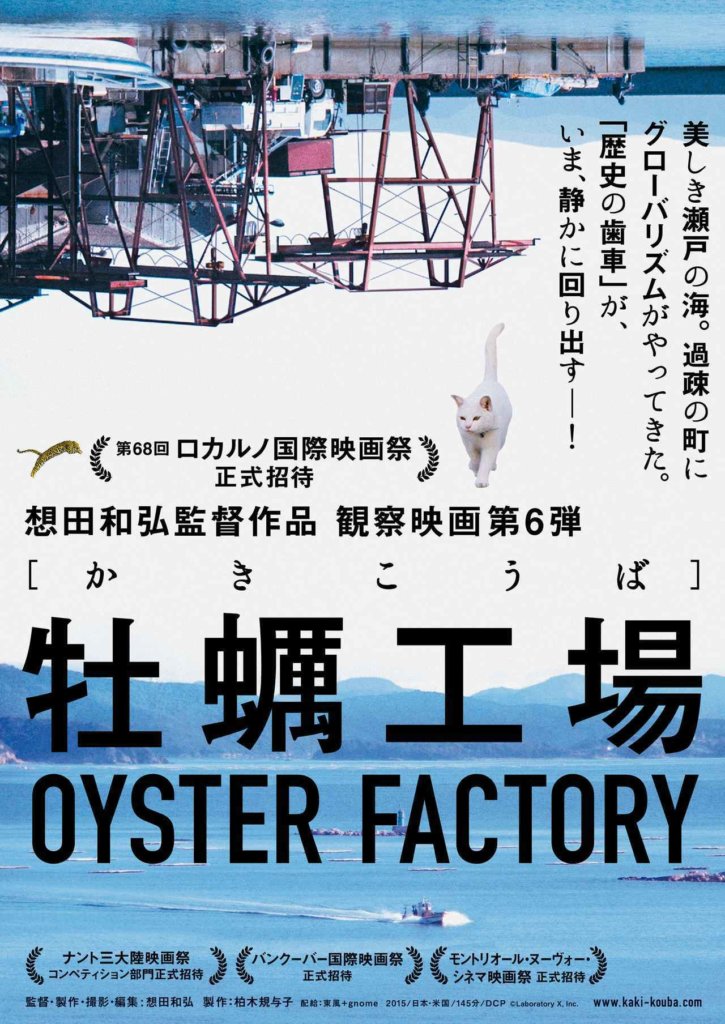
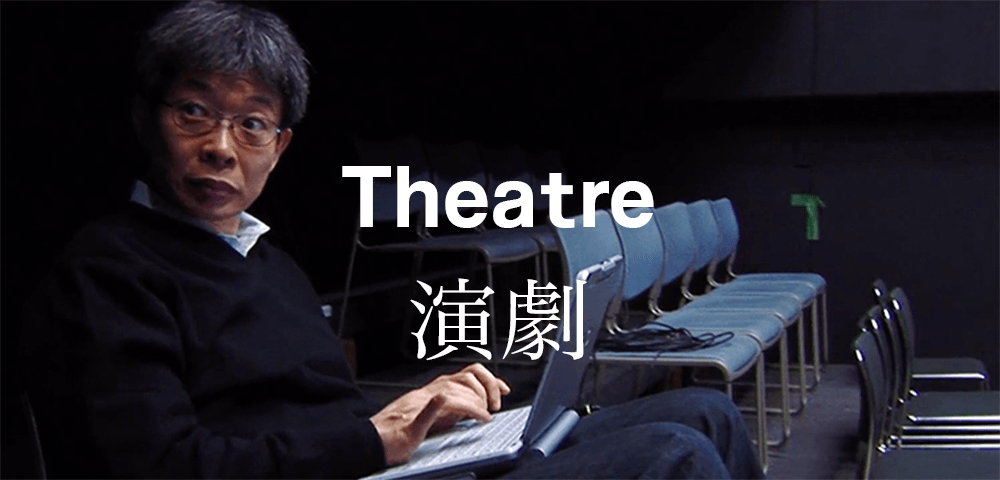
THEATRE
(演劇)
2012. 172 mins.
In Japanese with English subtitles.
SATURDAY, APRIL 27 – 12 PM with Kazuhiro Soda and producer Kiyoko Kashiwagi in-person for Q&A.
(This event is $10.)
ONLINE TICKETS FACEBOOK EVENT
“Human beings are organisms that perform.” – Oriza Hirata
Not unlike MENTAL, Soda’s fourth feature-length documentary captures many people refracting around a solitary and perhaps genius central figure – in this case, the perpetually exhausted Oriza Hirata, considered by many to be Japan’s most prestigious playwright and theatre director. Hirata’s stamina and attention to detail are indeed made epic over the course of Soda’s two-part, nearly six-hour portrait (which we’ll be screening marathon style, as it was released in Japan.) THEATRE forms Soda’s most elaborate inquiry into art culture and its relation to society, especially insofar as the brass tax of running such an operation like Hirata’s Seinendan (meaning “Youth League”) theatre company, as well as smaller festivals and performances – the constant mapping out of logistics, endless small fires to be put out, and lots of rehearsals. The shooting of actors at work bring both THEATRE films closer to the realm of staged drama than any of Soda’s other works (unless you count CAMPAIGN), but only in the time made available before Hirata calls for a break or asks an actor to try a different approach.
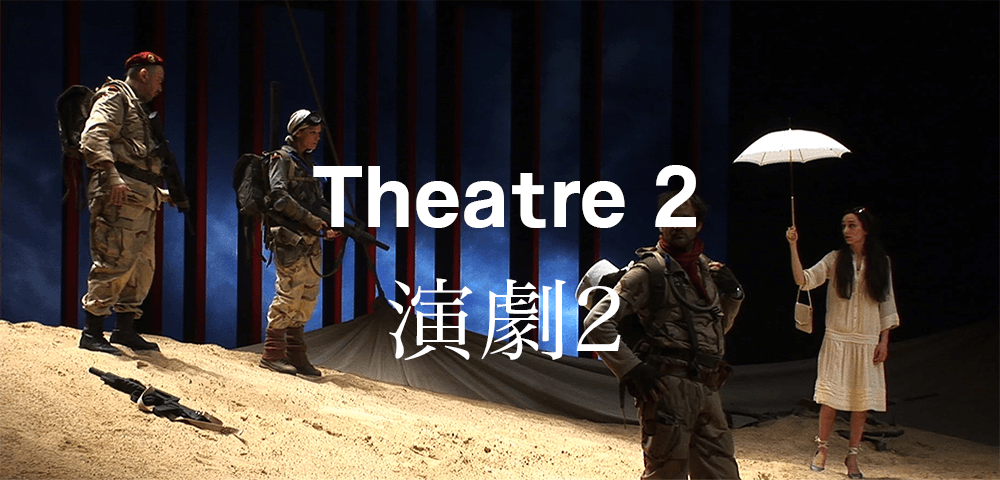
THEATRE 2
(演劇 2)
2012. 172 mins.
In Japanese with English subtitles.
SATURDAY, APRIL 27 – 4:30 PM with Kazuhiro Soda and producer Kiyoko Kashiwagi in-person for Q&A.
(This event is $10.)
ONLINE TICKETS FACEBOOK EVENT
If the first THEATRE zeroed in on Hirata as an impresario, the sequel expands on questions of art and society by following him as he seeks financing for more ambitious-still performances, including the kind of work that’s made him famous internationally – his interest in staging plays with robot actors alongside the humans. Hirata’s own European influences and philosophical insight amount to a master class, but also open up essential questions: Why have people been watching Romeo & Juliet for 400 years despite knowing the ending? What is theatre? Why do human beings act? What emerges is a (frequently hilarious) depiction of Hirata’s belief in public arts programming as a kind of therapeutic practice, and his unwavering faith in the ability of this kind of performance to startle and surprise a different audience each time.
“Through the fascinating spirit and creativity of Oriza Hirata, Kazuhiro Soda’s THEATRE 1 & 2 evokes a plurality of dimensions cleverly portrayed as inseparable aspects of the same problem: pedagogy vs. performance, culture vs. politics, individual creation and experiences vs. collective involvement and responsibilities. A tale of art in our time, THEATRE 1 & 2 is one of those rare and precious acts of filmmaking that delves deep into the essence of culture. – Jérôme Baron, Artistic director, Festival des 3 Continents
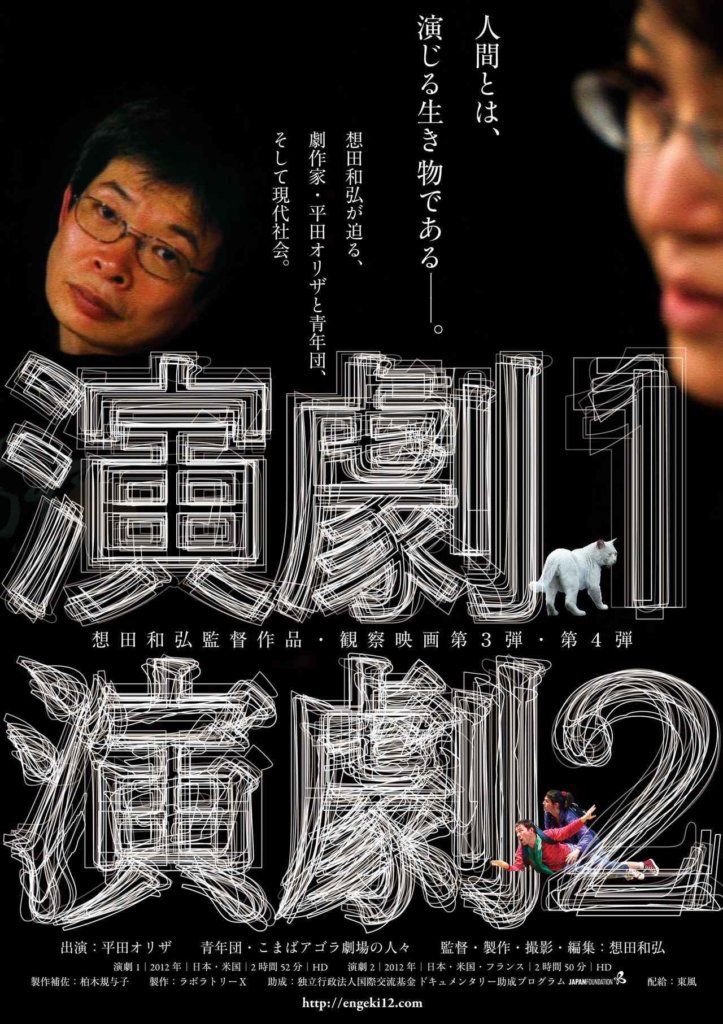
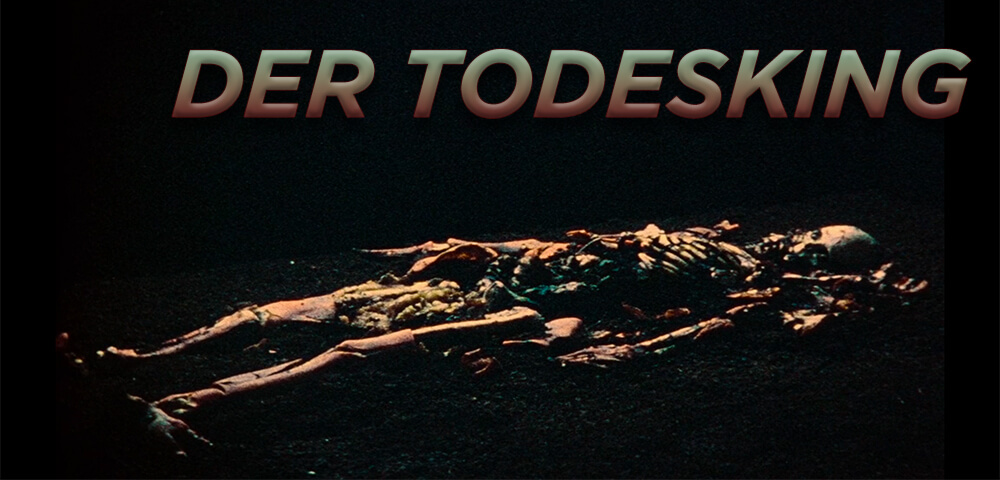
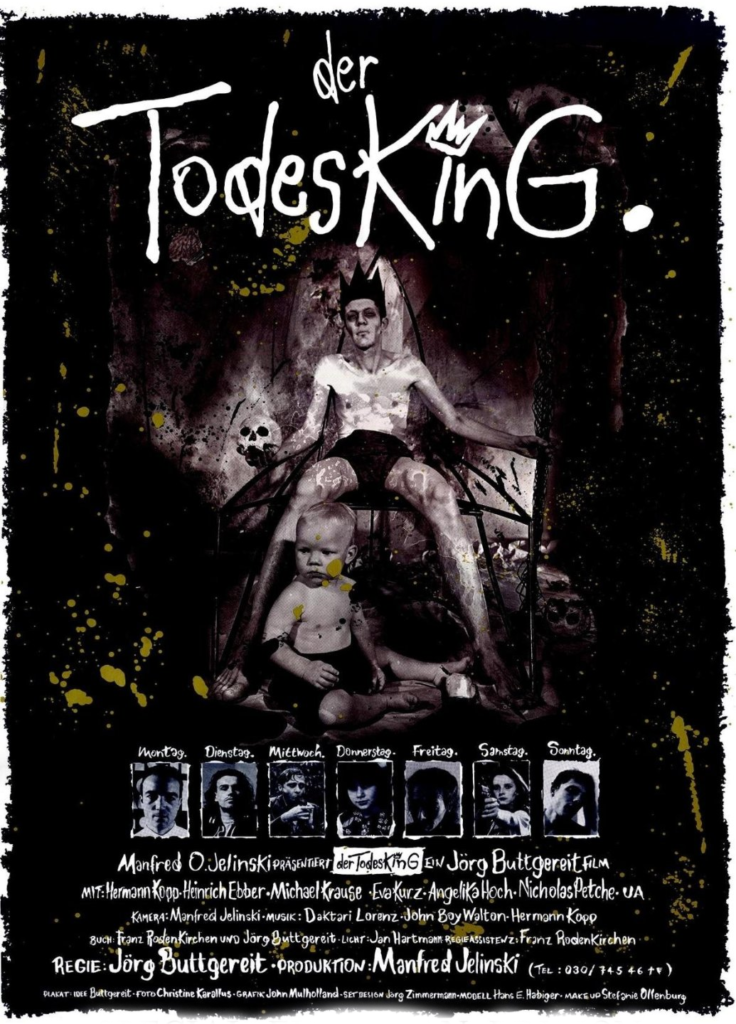
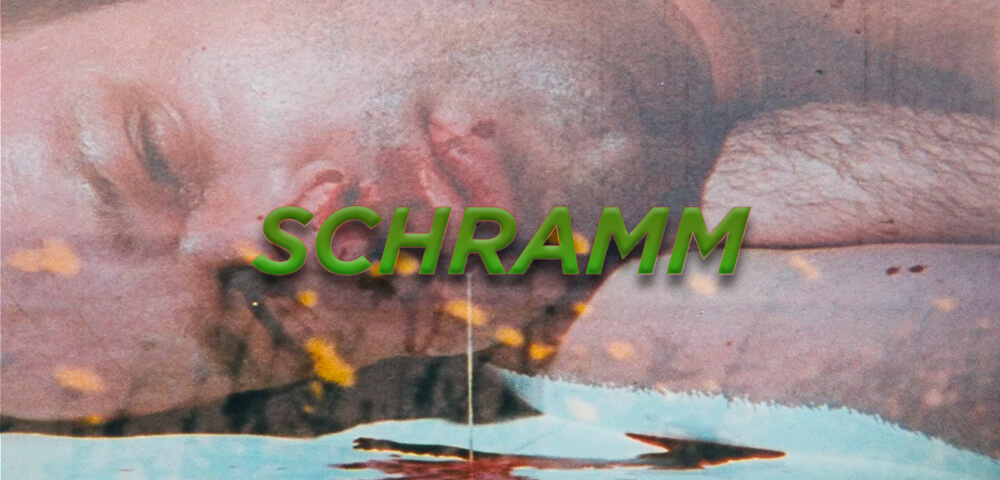
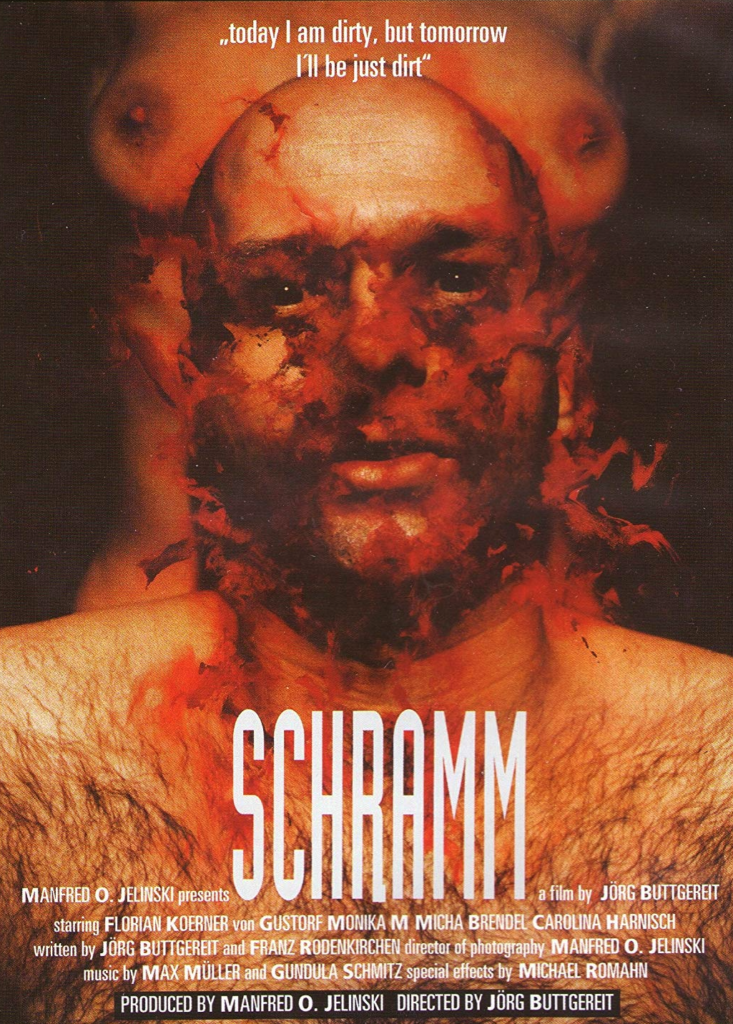

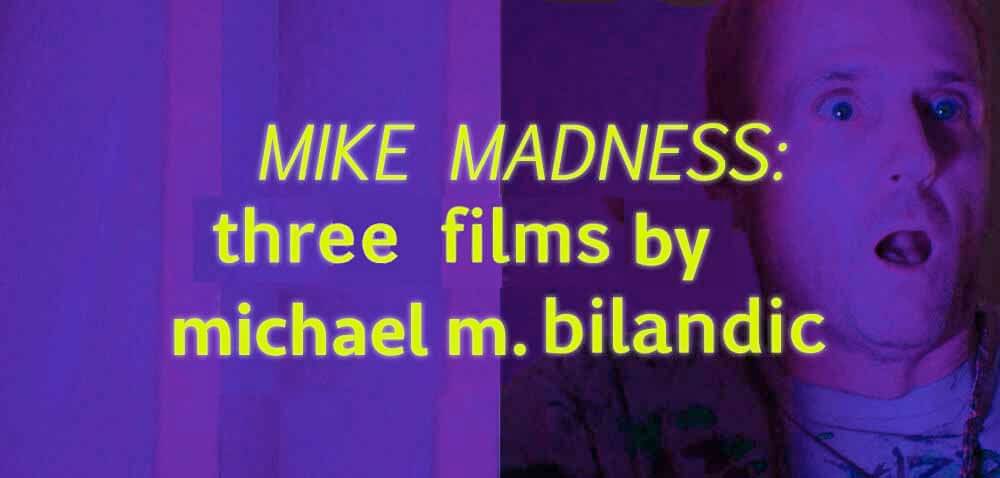
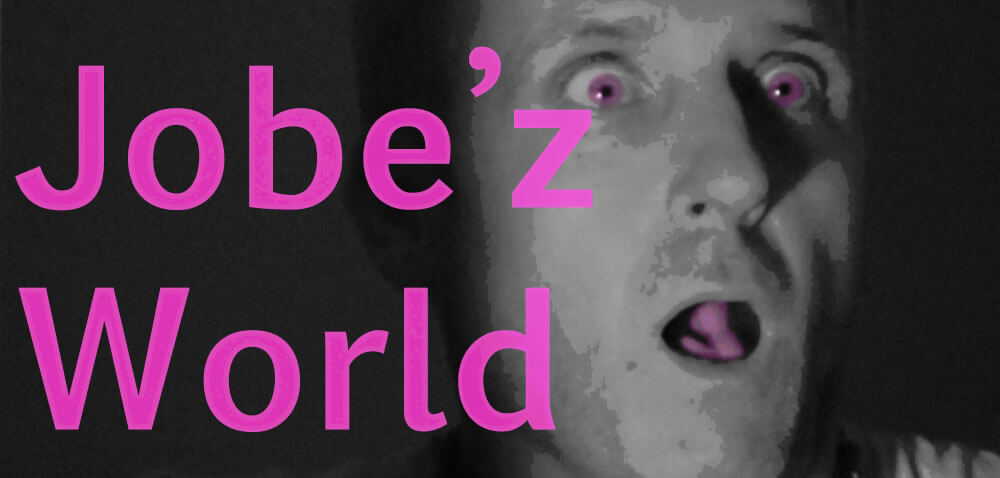
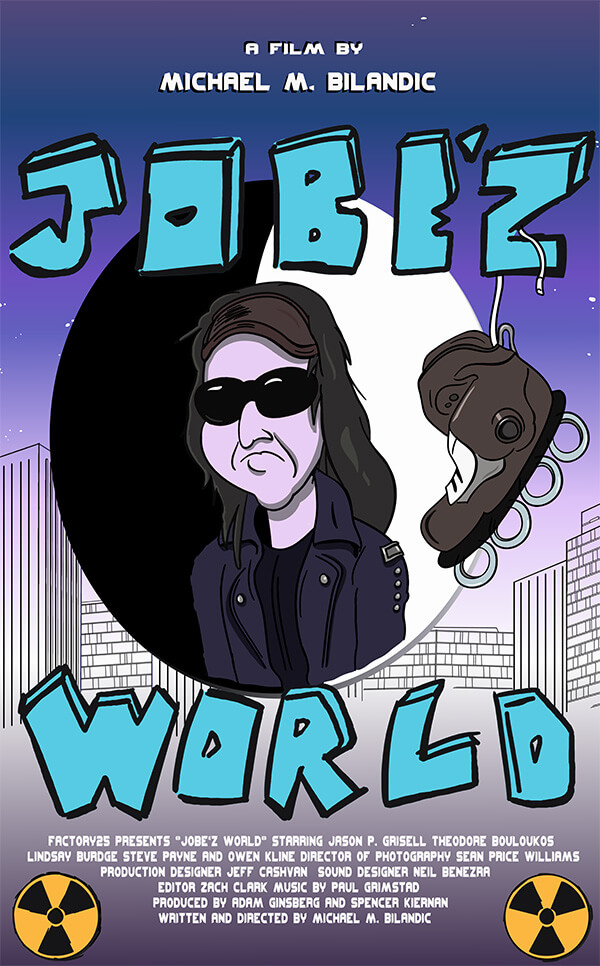
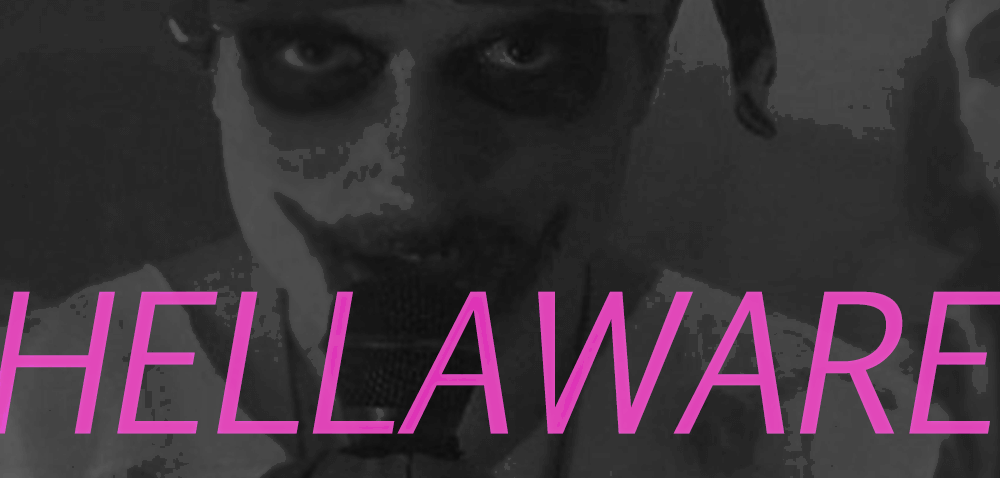
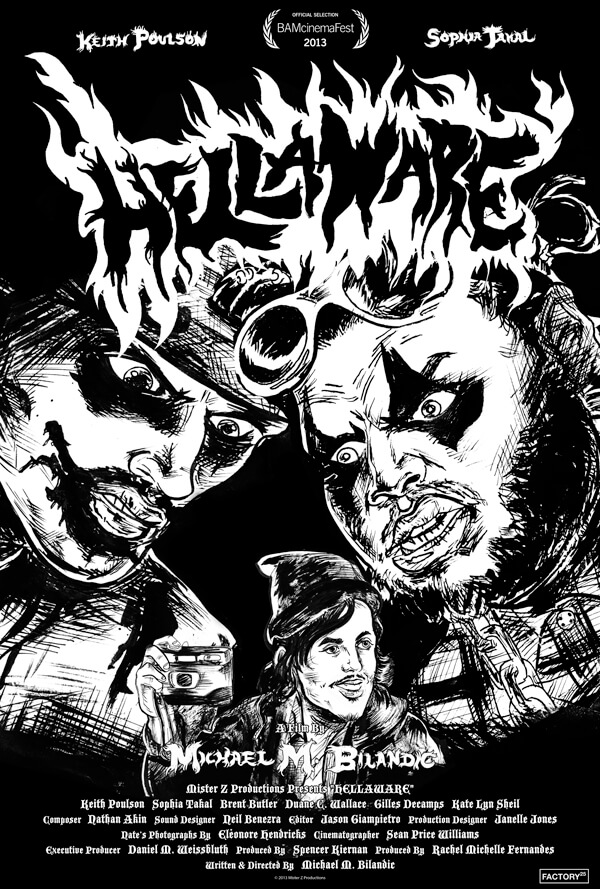
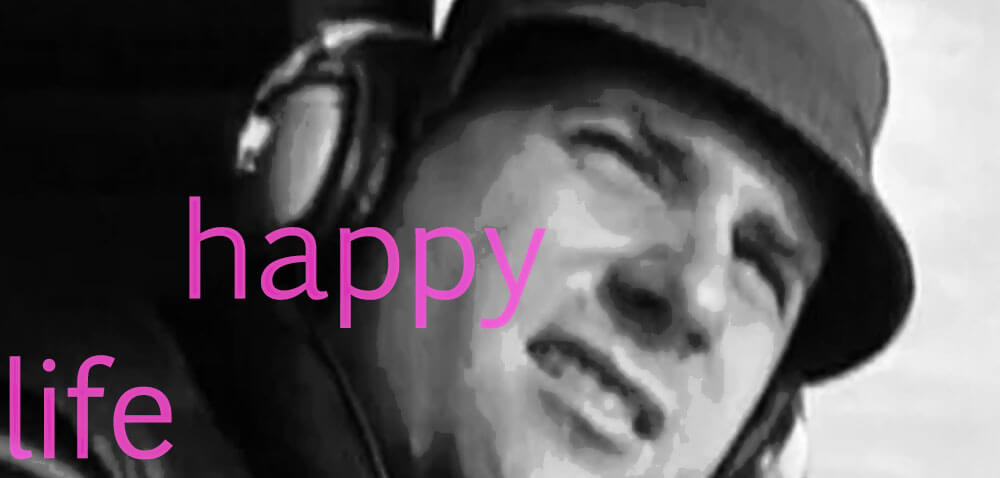
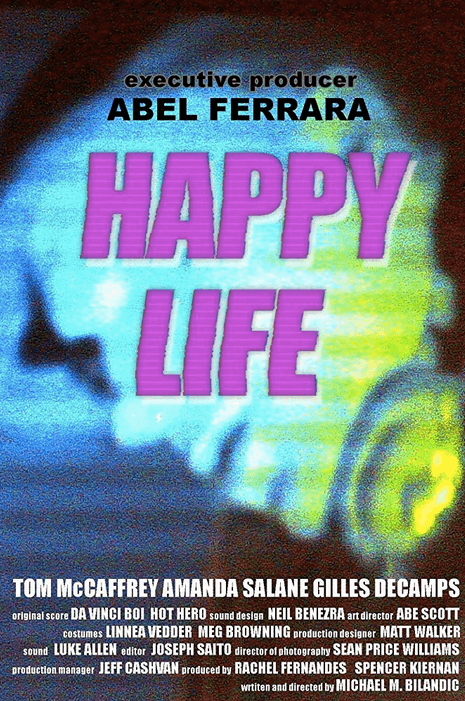
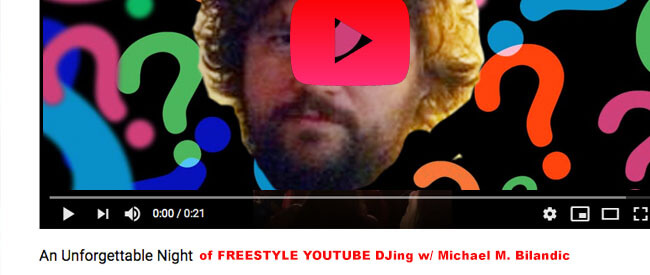
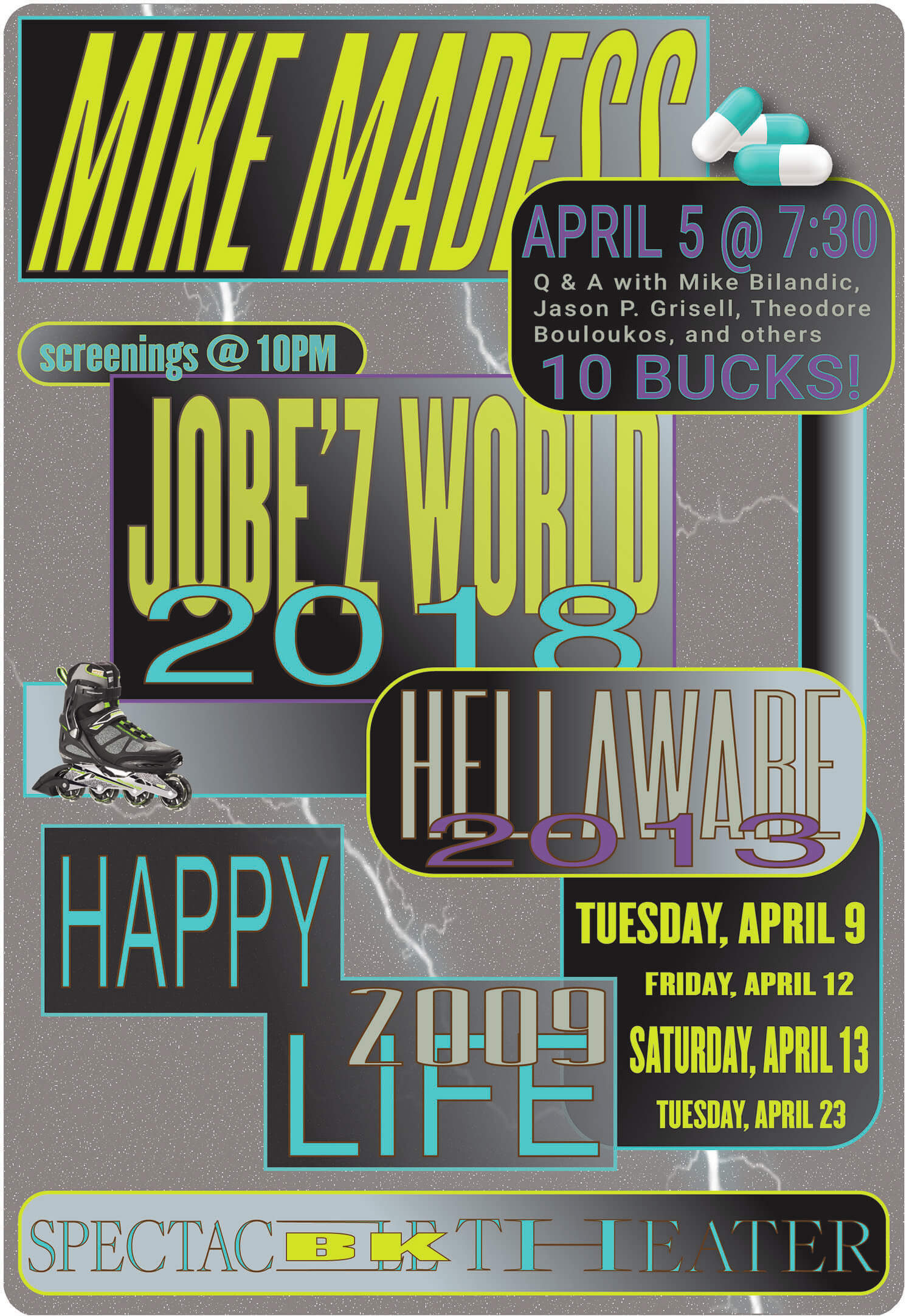



 ( poster by
( poster by 













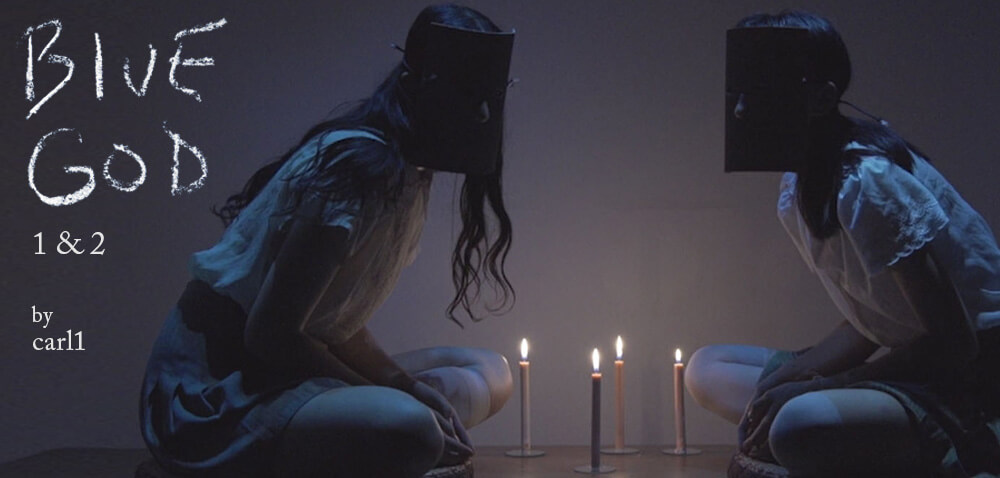
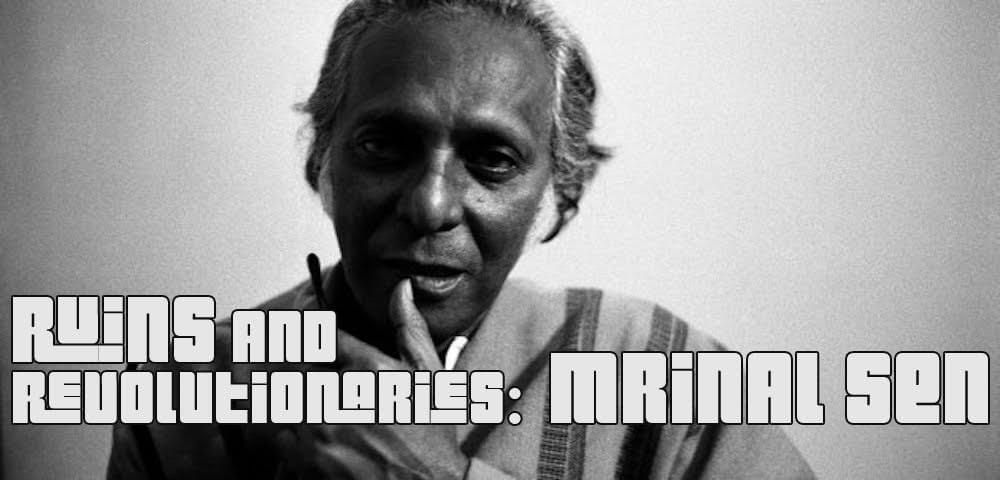
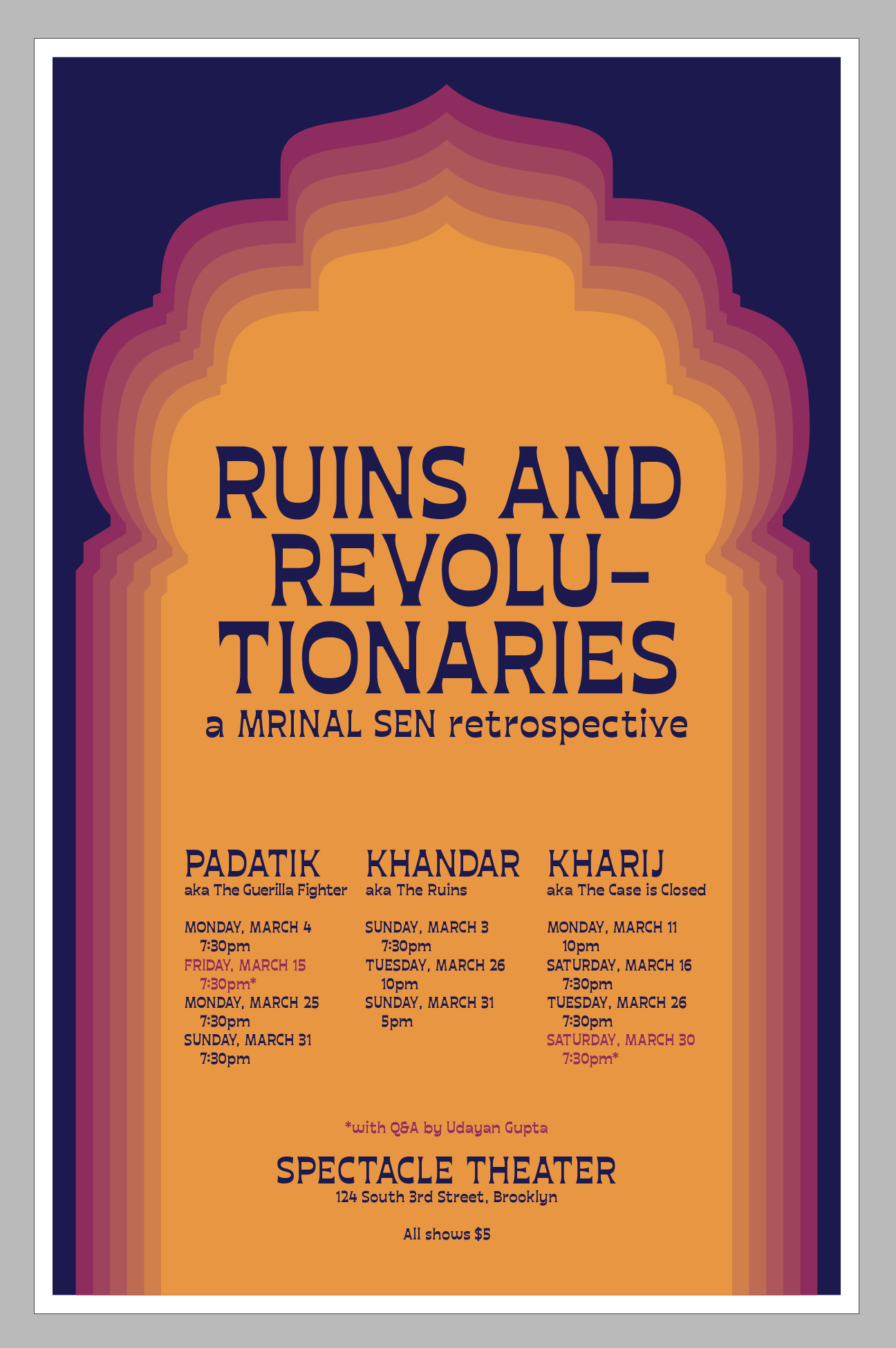
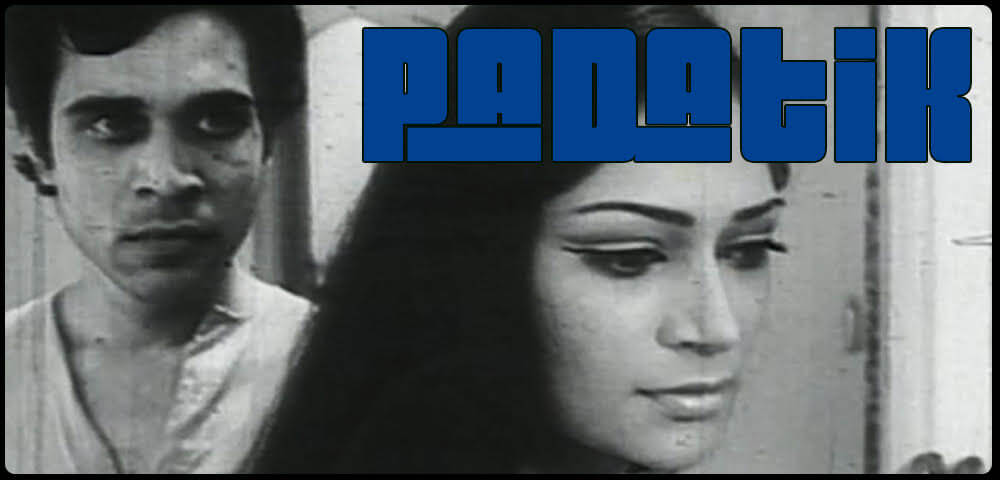
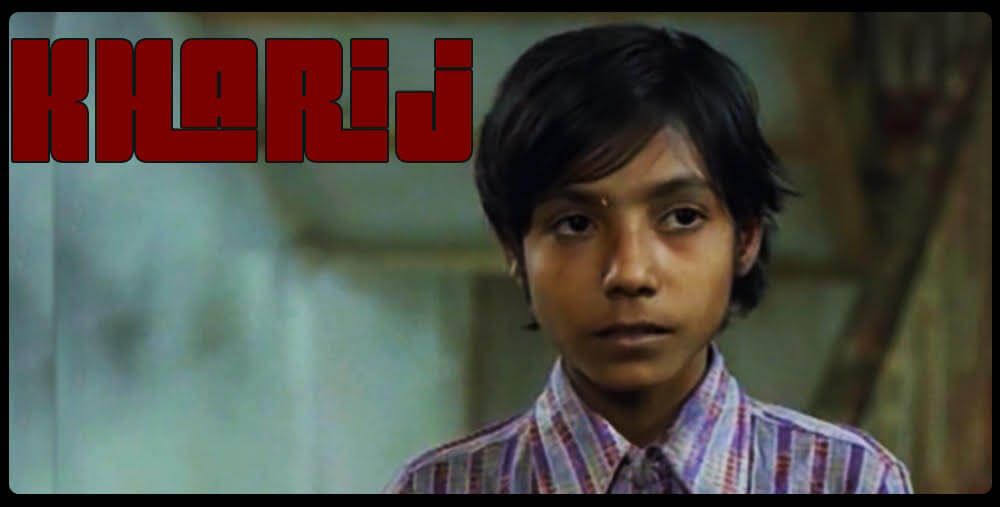
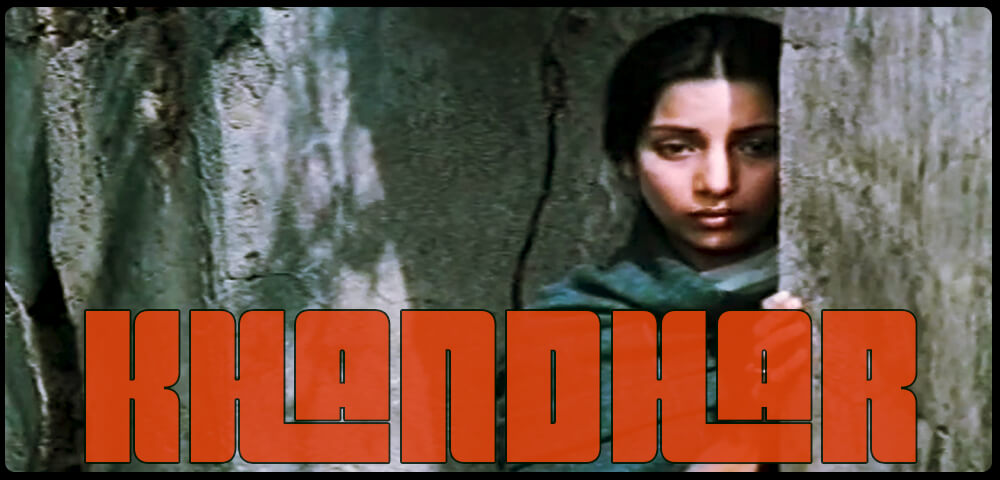
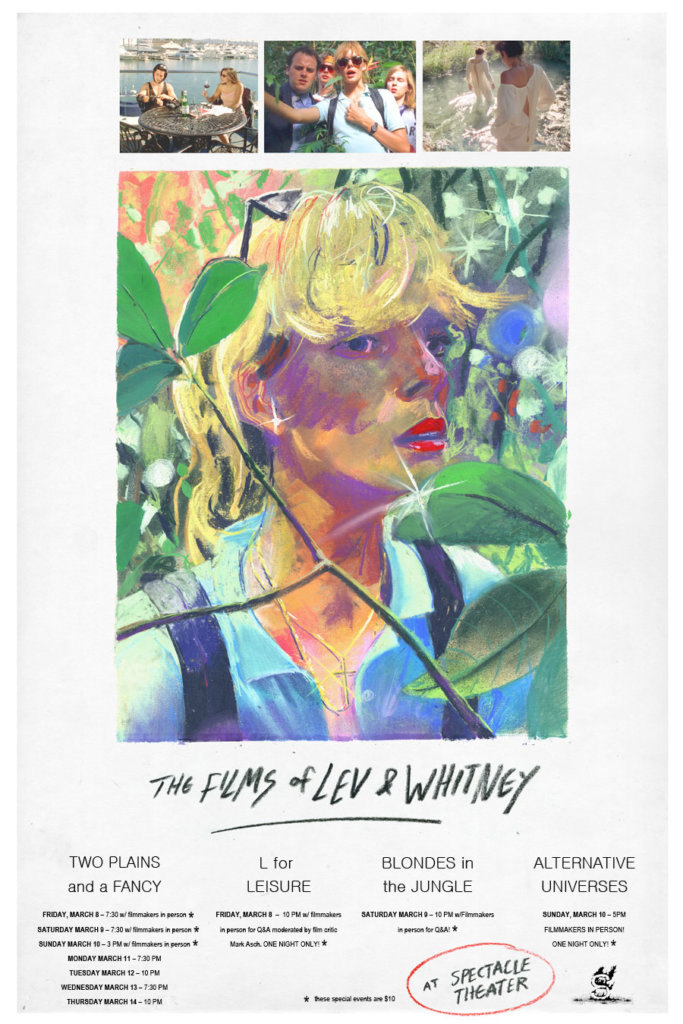
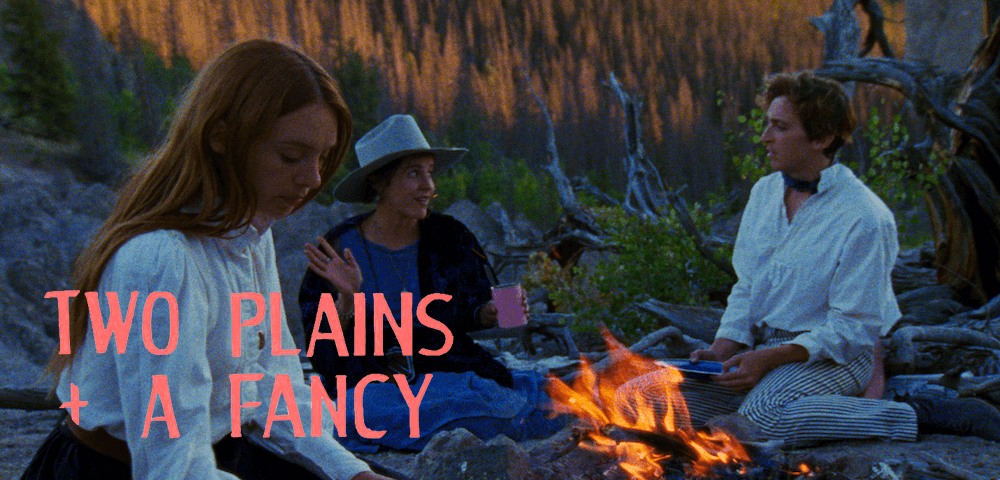
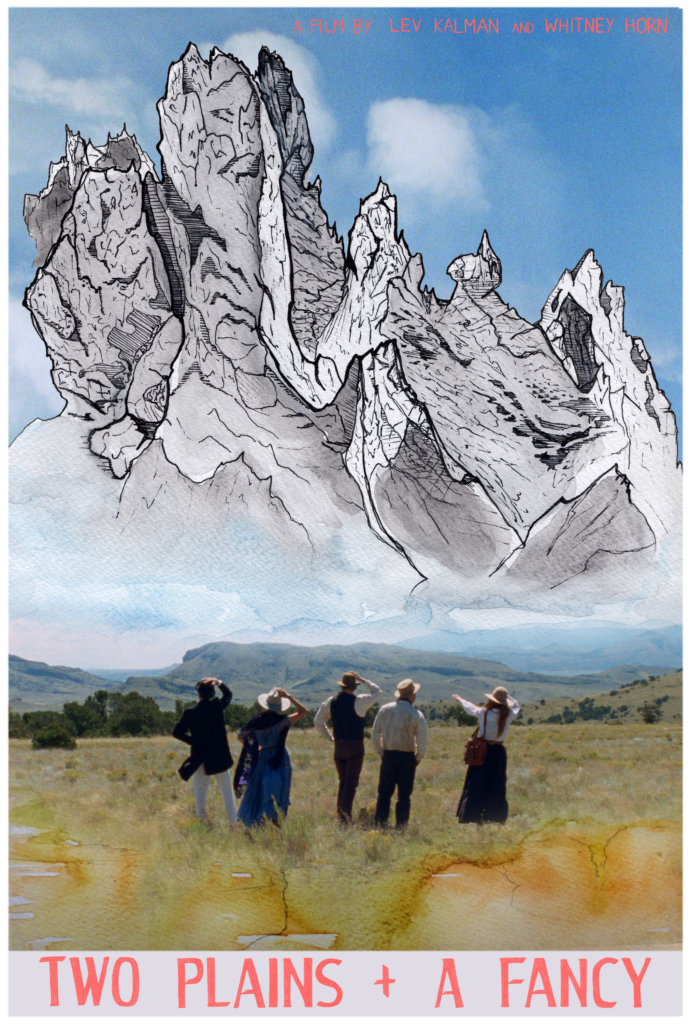 ( poster by Lev Kalman & Whitney Horn )
( poster by Lev Kalman & Whitney Horn )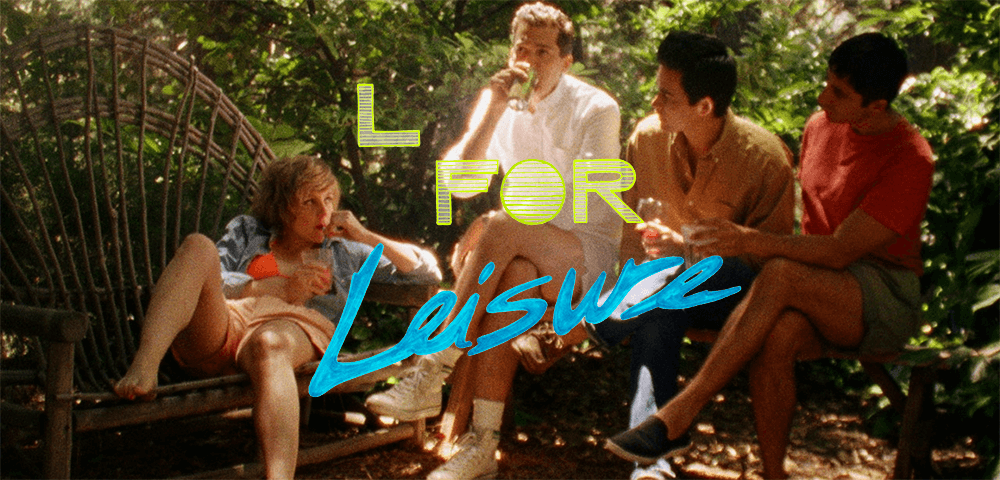
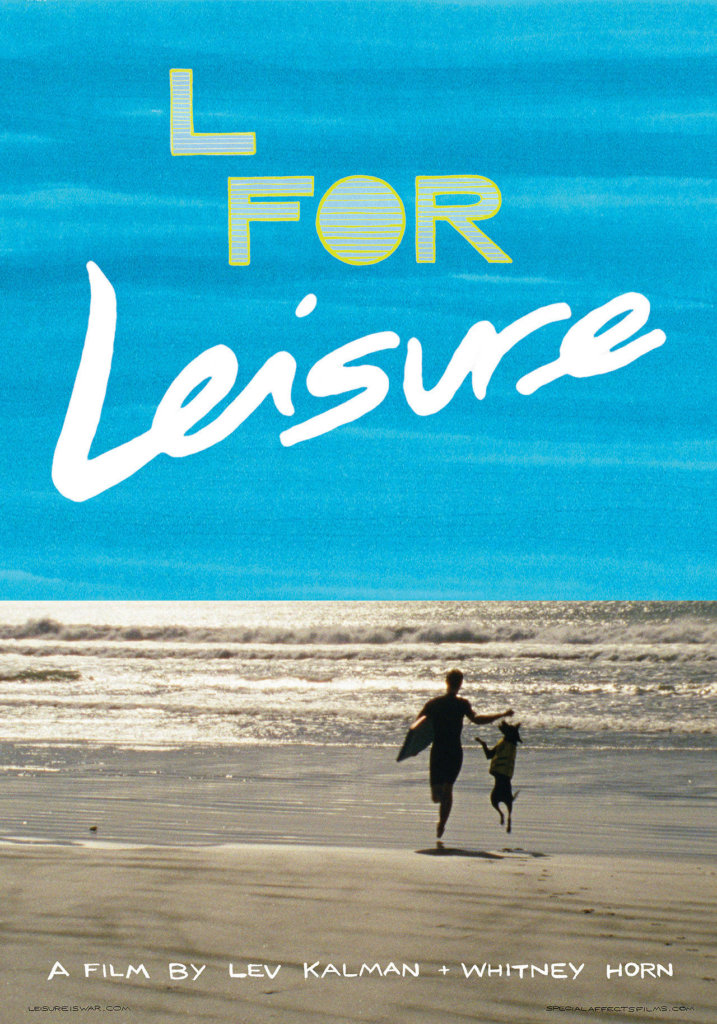
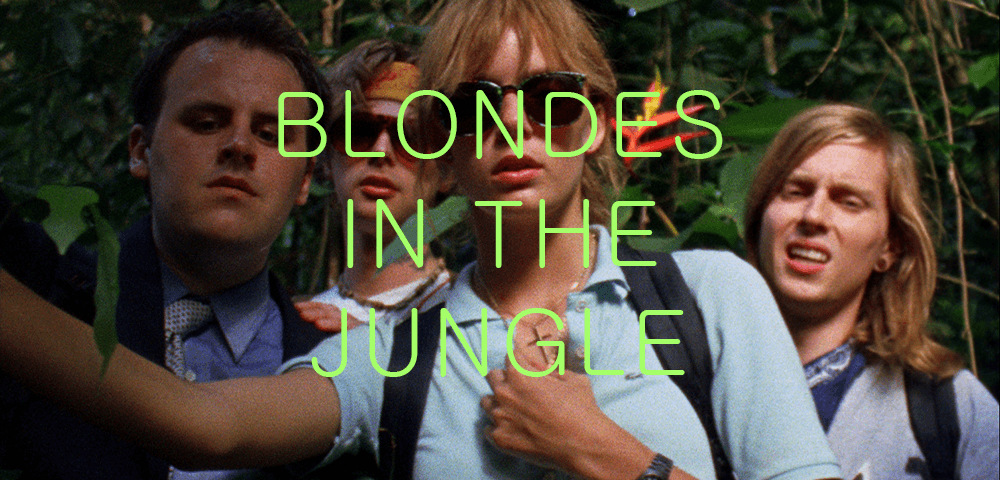
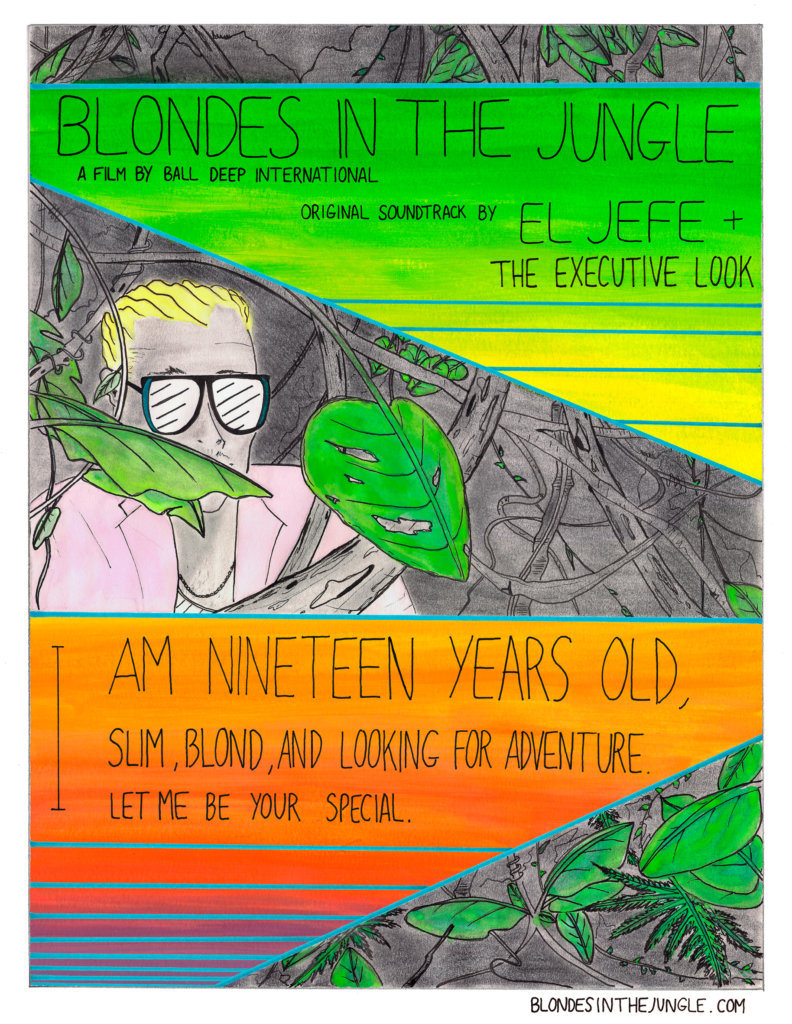
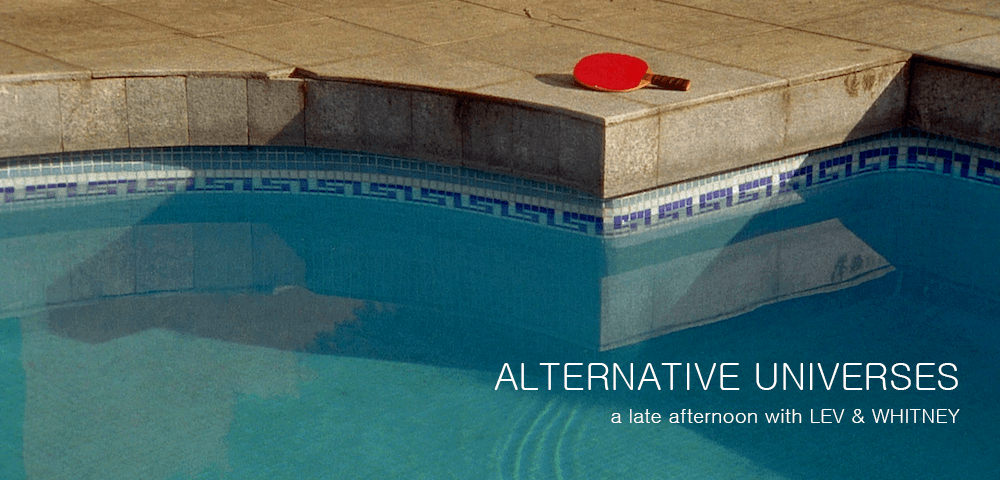
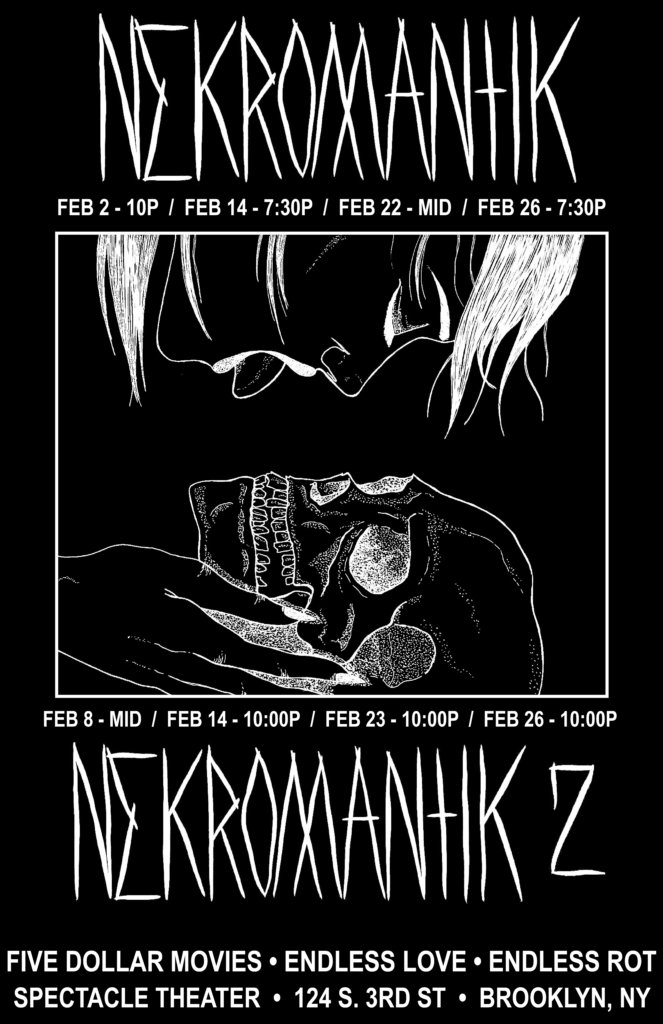 ( poster by
( poster by 